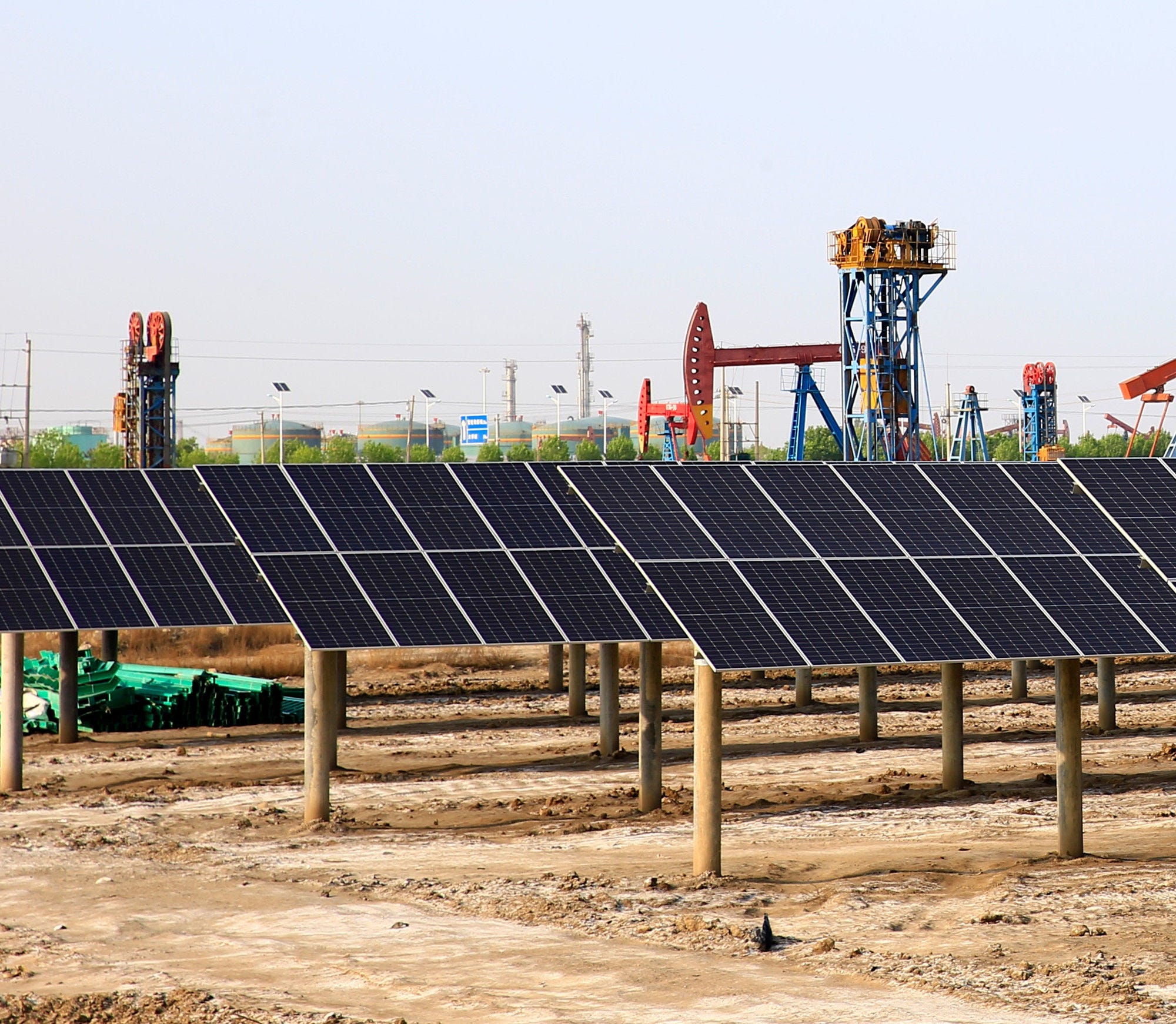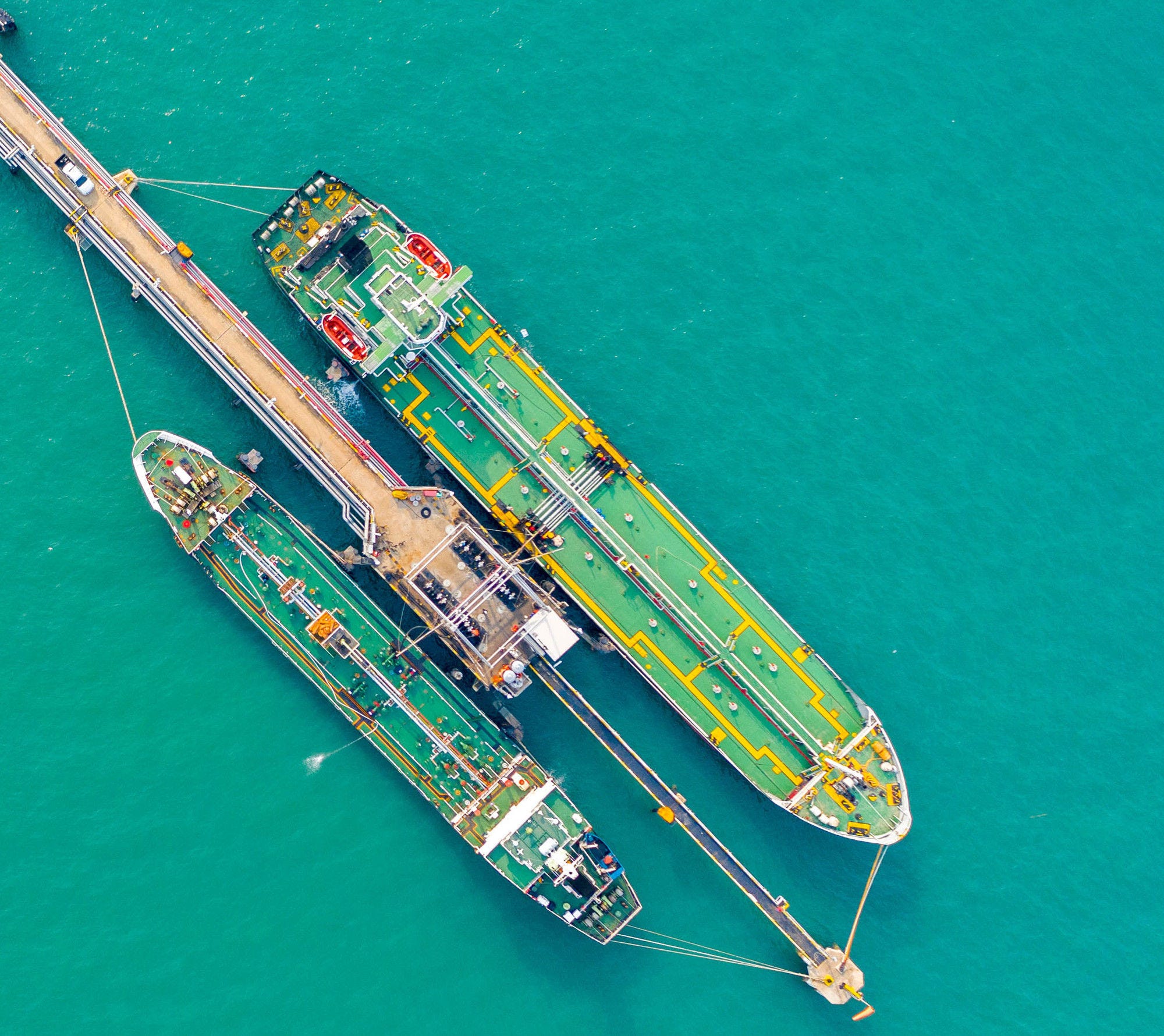As the global energy transition accelerates, all energy sectors will experience significant transformations, affecting how energy is produced and consumed. This implies a changing role of hydrocarbon fuels such as oil and natural gas. While these fuels will continue to play a role in energy systems, notably in large energy demand centres, all scenarios point to a gradual decline in demand for both oil and gas. As a result, producer economies such as Oman, whose economic development has been to a significant part enabled by a thriving oil and gas industry, have been exploring opportunities to adapt their economic model to the emerging energy economy we are observing.
Nevertheless, it remains important to appreciate the role producer economies play in the global energy transition. While this transformation involves a wide range of challenges to secure future revenues and employment opportunities for citizens, the energy transition also holds with it a range of opportunities. Oman's assets, infrastructure, and skills were once developed in the service of an omnipresent oil and gas industry. Today, the objective of this study is to lay out the opportunities of repurposing these advantages in the services in developing clean energy supply chains in Oman, led by solar PV, wind and low-emission hydrogen where significant economic value is expected to lie as the global economy decarbonises.





